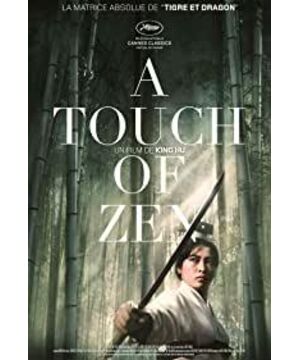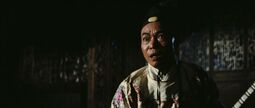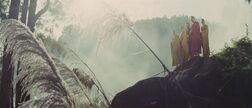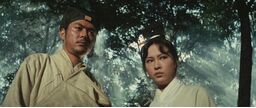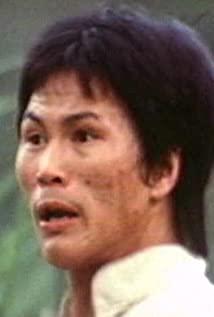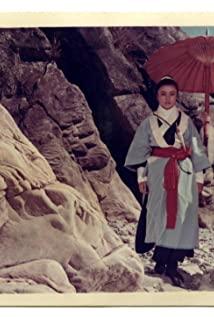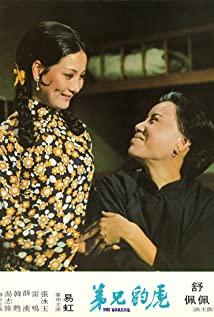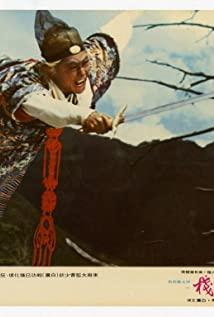I think the biggest charm of this film is that it presents the oriental aesthetics and philosophy. It is adapted from a Chinese epic and absorbs lots of elements from traditional Chinese operas. Compared to other famous Chinese Wuxia films, like Crouching Tiger Hidden Dragon (2000 ), Hero (2002) or House of Flying Daggers (2004), I think A Touch of Zen has much less influence of Western aesthetics in the portrayals of characters, action design, or the use of camera and sound etc.
One particular scene that impressed me is the fighting scene in the bamboo forest. It is an extremely enchanting scene for the audience that bamboos forest in dark green with mist and sunlight falling through the cracks in the leaves as well as the music of Chinese flute create a quiet and mysterious atmosphere. I also find this scene familiar as I have seen similar but more glorious scenes of fighting in the bamboo forest in Crouching Tiger Hidden Dragon by Ang Lee and House of Flying Daggers by Zhang Yimou, which might be inspired by A Touch of Zen.
From the cultural aspect, bamboo is a symbol of uprightness and referred to as one of the Four Gentlemen in Chinese philosophy and literature. In this film, bamboo can be regarded as a representation of Yang's Family who firmly insist their principles despite the persecution from the evil eunuch. During the fight, the bamboos blocked the way of agents from Eastern Depot and were chopped off by them, which can also be treated as a metaphor for the good people that are being persecuted by the villains.
From the aspect of action design, what I find interesting is how Yang Hui-zhen masterly takes advantage of the characteristics of the bamboo forest and the flexibility and resilience of bamboo to kill the agents. To take use of the external environment and the power from others to get the victory of fight is one core ideology of Chinese martial arts.
View more about A Touch of Zen reviews


